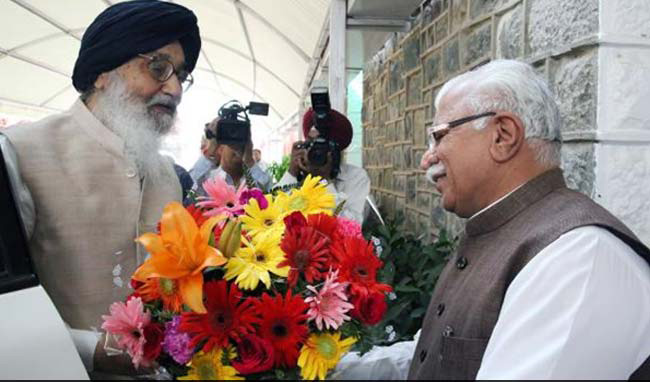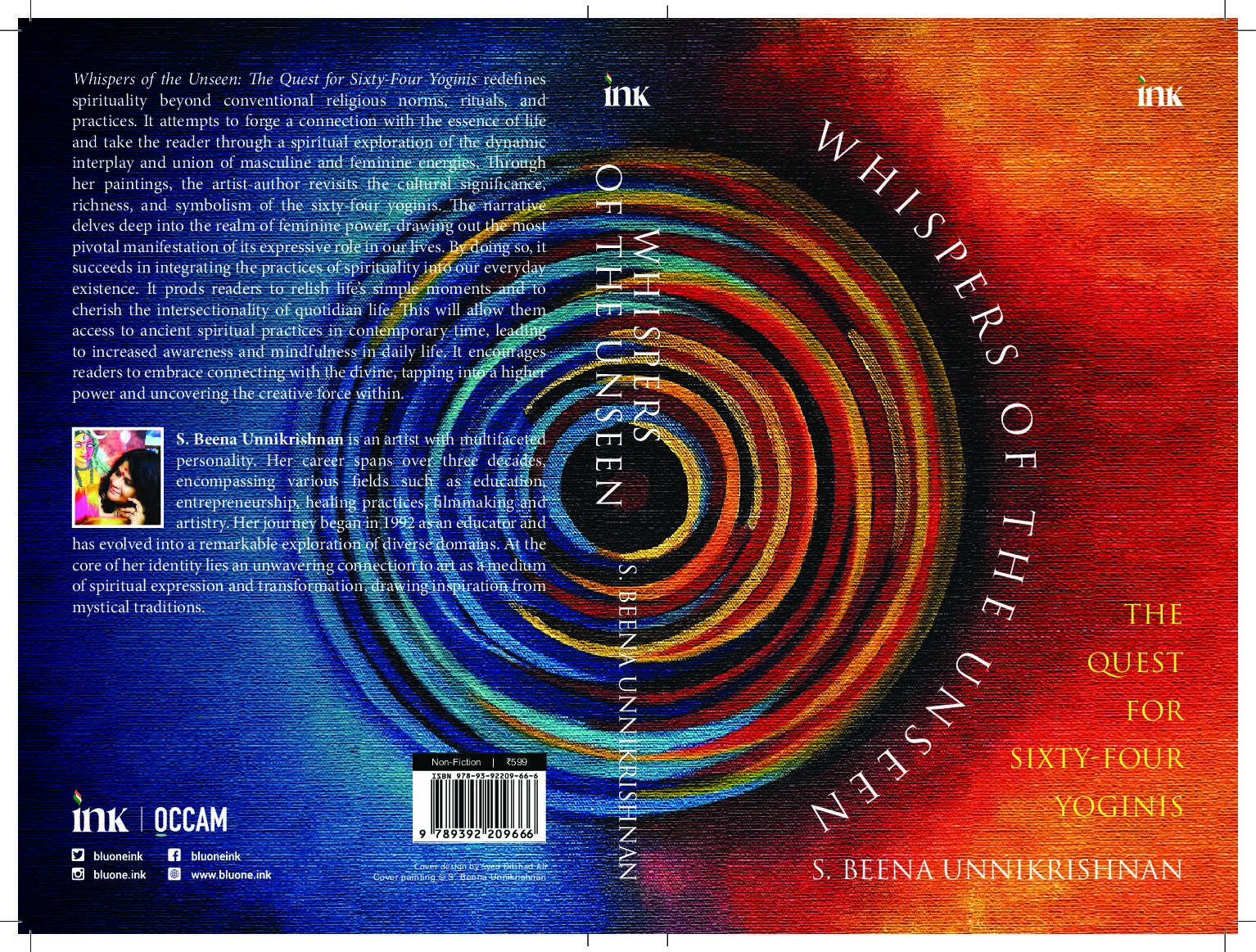SC on SYL and debauchery of national parties
Ravi Shanker Kapoor | November 11, 2016 7:44 pm

The Supreme Court’s ruling that Punjab had no right to unilaterally terminate water-sharing agreements with neighboring states is a rap on the knuckles of the entire political class. Unfortunately, our netas haven’t taken it in the right spirit; they still refuse to mend their ways.
While the attitude of the Punjab government reflects its scant regard for the highest court of the land and the rule of law, the conduct of national parties, the Bharatiya Janata Party and the Congress, is an essay in unruliness, sentimentalism, and unctuousness.
Every political party in Punjab has opposed the Supreme Court’s ruling which is in favor of Haryana on the Sutlej-Yamuna Link canal. While Chief Minister Parkash Singh Badal has thundered that “not a drop of water” will be allowed to be taken out of the state, state Congress chief Amarinder Singh has resigned as Member of Parliament, along with party MLAs, in protest.
Quite apart from an assault on the rule of law, this reaction exposes the national parties as organizations animated by base emotions rather than guided by reason and prudence. What is the stand of the BJP on the subject? Does it support ally Badal on not giving Haryana any water? It has not refuted the Punjab Chief Minister, so it is safe to draw the conclusion that it supports him.
But then how does this stand square with that of Haryana Chief Minister Manohar Lal Khattar’s, who has hailed the Supreme Court decision and congratulated the people of the state?
So, what is the stand of the country’s largest party which is in power at the Centre, in Punjab and Haryana, and a number of other states?
Similarly, does the Congress have any position over the issue? Amarinder is aghast at “the injustice meted out to” Punjab by the apex court verdict. However, his party’s chief spokesperson Randeep Surjewala, who hails from Haryana, finds the verdict “historic and path breaking” that safeguards his state’s claim on SYL. “Victory for people, justice for Haryana. Satyamev Jayate!” he tweeted.
Badal’s posturing is still understandable, if not justifiable, for his party is confined to Punjab and has no intentions of becoming a major player in any other state or in New Delhi, but the BJP and the Congress have footprints all over the country. How can their leader afford to adopt mutually contradictory stands? Do they really believe that they can continue to fool the people of different states by speaking with forked tongue?
The real problem is that political parties have convinced themselves that raking up ‘emotive’ issues is the easiest path to success. Further, they believe, such issues help people forget the real things like social problems (drugs in Punjab and the adverse sex ratio in Haryana), economic concerns (job generation), rural distress, and urban decay. Emotive issues are raised, smeared with the smudge of sentimentalism, and sold in the crudest possible manner to the electorate, often creating and aggravating divisions.
Politicians also make issues out of non-issues. Sometimes, they introduce red herrings in political debate, e.g., Lokpal. There was a time a few years ago when all politicians and commentators were talking about Lokpal, the ways to end corruption, etc. The day Aam Aadmi Party boss Arvind Kejriwal, a big champion of Lokpal, realized that his purpose has been achieved, he stopped talking about it. And it got relegated to oblivion, as most such gimmicks do.
Politicians not only peddle mindless populism but also vie with each other in crudity and crassness. They get sanctimonious. So, Amarinder said in his resignation, “The SC ruling against Punjab has come as a major blow to the people of the state, who need me in this hour of despair and with whom I stand in support at this critical juncture. I hereby tender my resignation with immediate effect as a mark of protest against the deprivation of the people of my state of the much-needed Satluj river water.”
Badal responded with not-a-drop-of-water melodrama. In Indian politics, the Ramayana narrative—good triumphing over evil, truth over mendacity—doesn’t play out; remember this is kalyuga. Sanctimony overwhelms sanctimony; white lies crush lies; one kind of mania overpowers another kind.
The reigning belief cutting across party lines seems to be: okay, you may not be able to fool all the people all the time, as Abraham Lincoln said, but you can do that for a long period, and that’ll serve our purpose. Aren’t all of us dead in the long run anyway?































